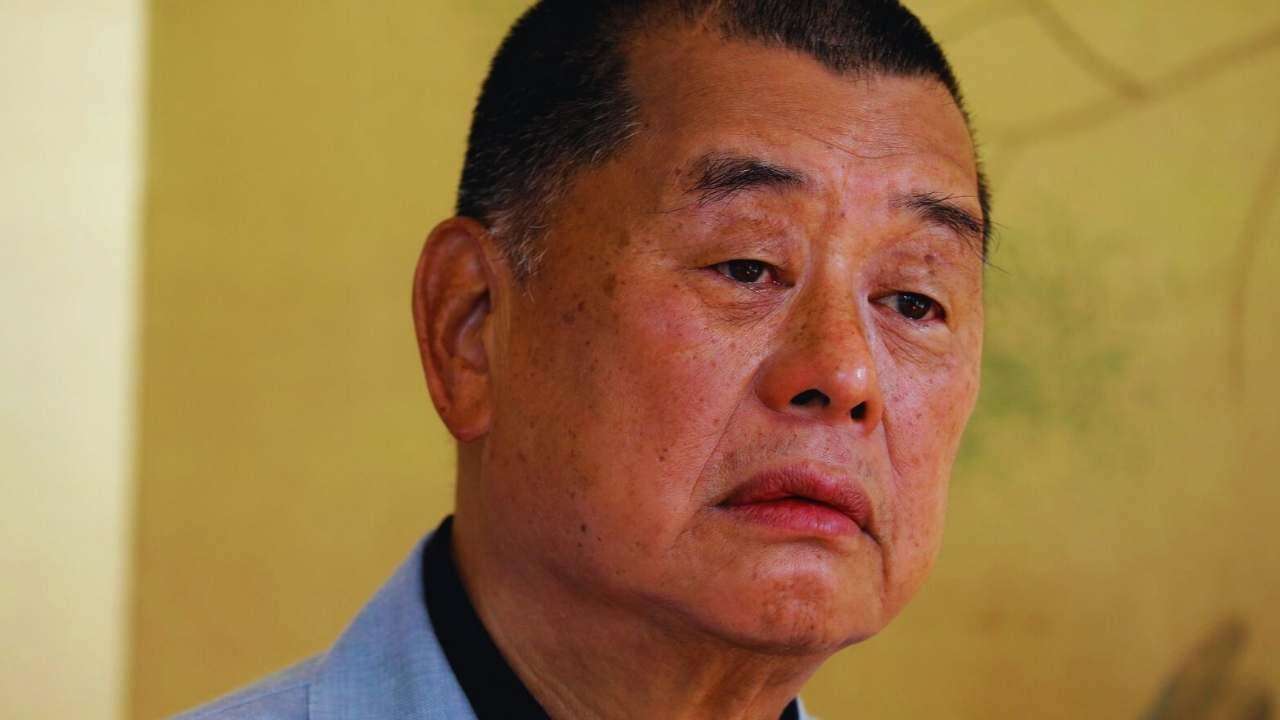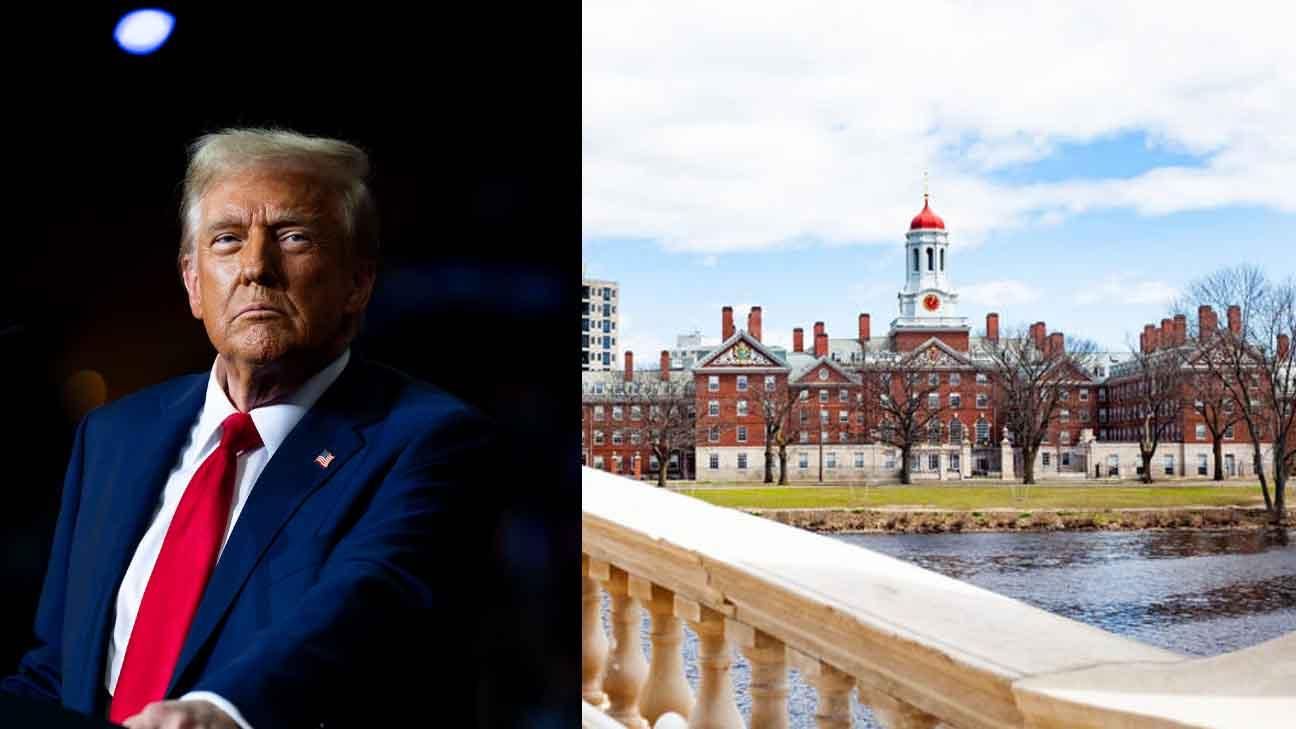In a significant escalation of its confrontation with Harvard University, the Trump administration has barred the institution from admitting international students. The Department of Homeland Security (DHS) announced that thousands of current foreign students must either transfer to other universities or leave the United States altogether.
Officials accuse Harvard of failing to protect Jewish students, citing what they describe as an environment that enables “anti-American, pro-terrorist agitators” to harass and threaten them. The administration also claims that Harvard collaborated with the Chinese Communist Party, including providing training to a Chinese paramilitary organization as recently as 2024.
The move is part of a broader campaign by former President Trump targeting elite academic institutions, which he alleges promote liberal ideologies and overlook rising anti-Semitism.
Accusations of Inciting Violence
Kristi Noem, Secretary of Homeland Security, stated: “This administration is holding Harvard responsible for inciting violence, tolerating anti-Semitism, and working with the Chinese Communist Party on campus.”
She emphasized that admitting international students is a privilege, not a right, and accused the university of using the higher tuition fees they pay to further expand its multibillion-dollar endowment.
Harvard was among the first major institutions to resist the administration's demands to dismantle Diversity, Equity, and Inclusion (DEI) programs and restrict pro-Palestinian protests.
Based in Cambridge, Massachusetts, Harvard currently enrolls approximately 6,800 students from over 100 countries, including the UK.
In a formal response, the university condemned the decision as politically motivated and unlawful.
“This retaliatory measure threatens significant harm to our students and the broader Harvard community,” the university said, asserting that the policy undermines its educational and research mission. It pledged to assist those affected by the directive.
The DHS action follows a request from Secretary Noem demanding detailed records on student visas and academic content, citing concerns about “hostile learning environments” for Jewish students.
The administration has already slashed $2.6 billion in federal research funds to Harvard and is considering revoking its tax-exempt status.
While some elite universities, like Columbia, have complied with certain White House demands, Harvard has refused to yield. The university has also filed a lawsuit claiming the funding cuts are unconstitutional and is seeking to recover $2.2 billion in withheld research support.
The justification for the student ban includes a Fox News report linking Harvard to the Xinjiang Production and Construction Corps—a Chinese paramilitary group sanctioned by the U.S. over human rights violations. That report was based on a letter from Republican lawmakers.
Ted Mitchell, president of the American Council on Education, criticized the policy as “illegal and narrow-minded,” warning that it could deter prospective international students from choosing the U.S. as a study destination.
China condemned the move, stating that it would damage the U.S.’s global reputation and pledged to defend the rights of its students abroad.
The decision is expected to have financial consequences for Harvard, where tuition for the 2025–26 academic year stands at $59,320 and can reach nearly $87,000 with housing and other fees. International students often bear a larger portion of these costs.








.svg)
